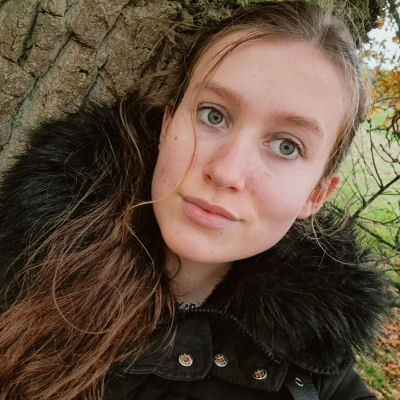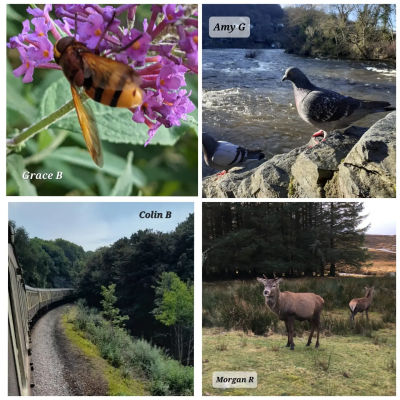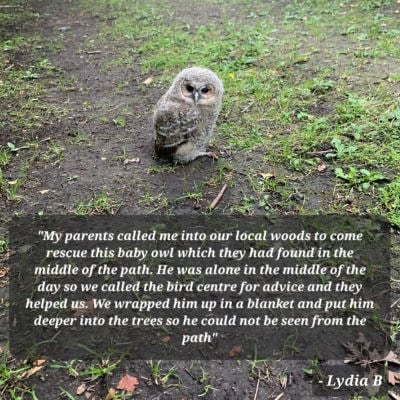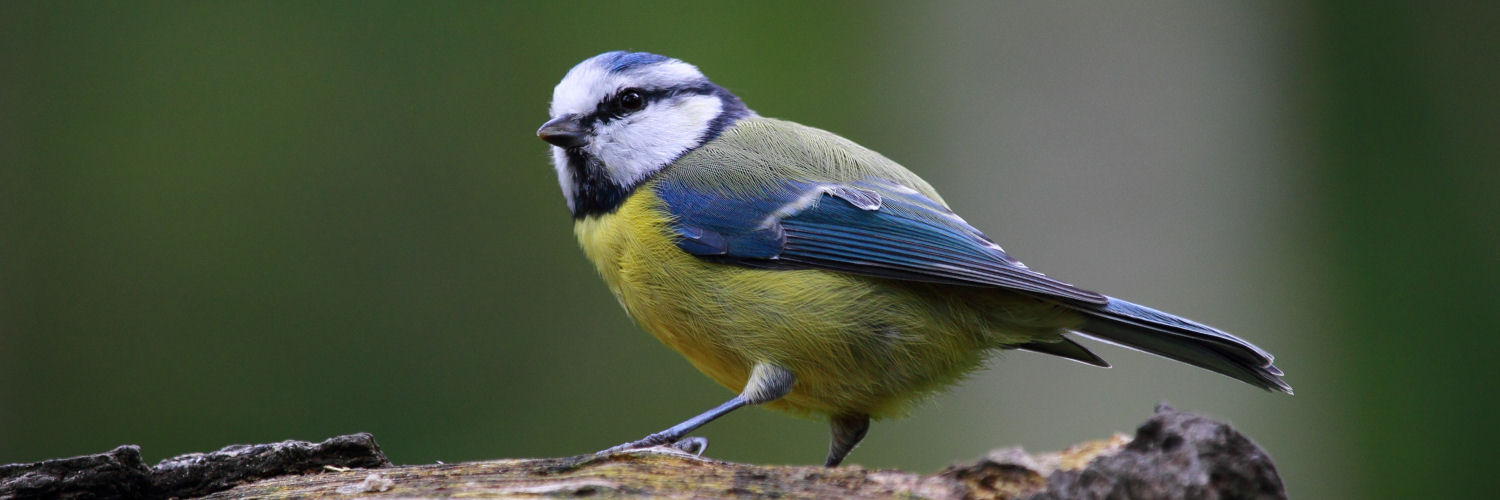Emily Hunt, Warwickshire Young Poet Laureate, writer and nature enthusiast
During 2022, I attended several discussions regarding youth engagement with nature and possible strategies to improve it. I left each one feeling deflated and hopeless. The general consensus was that my generation is ‘our only hope’ - however on the whole, it is extremely disconnected from nature.
But in each discussion, one particular source of optimism was always cited: the Natural History GCSE, due for launch in 2025.
However, how can we expect young people to choose Natural History as an option if they are apparently so disinterested in nature by age 13 or 14?
I became curious about this and decided to investigate further. I began to delve into levels of youth engagement in my comprehensive high school. I started by asking students if they had any photos of nature – wildlife, trees, landscapes - in their phone galleries. The idea behind this was that a nature photo embodies someone’s appreciation of a moment in nature – whether it’s something they deem beautiful, interesting or unusual.

 Amazingly, almost everyone asked sent me at least one photo. And not only photos, some offered personal stories about their interactions with nature too! I collected these together, and celebrated them on my social media pages. My Headteacher has welcomed the idea of having a 'Green Gallery' within the school, and I am currently talking to the Warwickshire Wildlife Trust about displaying the photos at one of their reserves. I hope to spread the project further, to encourage more young people to notice nature.
Amazingly, almost everyone asked sent me at least one photo. And not only photos, some offered personal stories about their interactions with nature too! I collected these together, and celebrated them on my social media pages. My Headteacher has welcomed the idea of having a 'Green Gallery' within the school, and I am currently talking to the Warwickshire Wildlife Trust about displaying the photos at one of their reserves. I hope to spread the project further, to encourage more young people to notice nature.
So what does this mean? Perhaps young people aren’t as dissociated from nature as we think. Is it wrong to tar all young people with the stereotypical ‘disengaged’ brush? Maybe a lot of young people have an interest in nature, they just have no way of expressing it.
In my school there was certainly no way of developing or sharing an interest in nature before my project. During the transition from primary to secondary, I left behind the eco club I had established, Forest School, nature area and outdoor time. I actually almost lost my own interest in nature as all exposure was stripped away from my daily life - I had an increased workload, and spent more time socialising. I was only able to rekindle my interest during lockdown.

It is no surprise that young people who cannot pursue an interest in nature outside of school become disconnected. I believe there are many barriers - for example, young people may not be able to afford memberships to organisations like the BTO, RSPB and The Wildlife Trusts. They may not have transport to visit reserves or to participate in volunteering opportunities. They may not have family who are supportive of their interest. An individual may feel isolated in their interest and find the nature community inaccessible.
This is where I believe the Natural History GCSE will be most valuable. The GCSE will take nature into schools across the country, providing young people with the opportunity to reignite and explore their interest in nature. It will put nature on the map, normalising it as an interest and encouraging more young people to aim for a career in conservation. It will lead to a large portion of people being knowledgeable about their local wildlife, the environment and the climate, who collectively can make a huge difference.
Overall, I think that the Natural History GCSE will be an incredible step forward for youth engagement with nature. It is not the sole answer to the dilemma of engaging young people in conservation, however it will be instrumental in providing for those who otherwise may have no access to learning about nature, meeting other like-minded pupils and encountering all the wonderful experiences an interest in nature has to offer.
Emily Hunt
Emily Hunt is a 16 year old nature enthusiast and writer living in South Warwickshire, where she is currently studying for her GCSEs. She is very passionate about youth engagement with nature and enjoys sharing her love of nature through her writing and photography. She is a multi-award winning young poet, currently holding the title of Warwickshire Young Poet Laureate. She is also a Youth Councillor for Reserva: The Youth Land Trust and has had several articles published in nature magazines.
Find her on:
Instagram: @em_loves_nature_
Twitter: @em_nature
Keep up to date with our proposed GCSE in Natural History and other Cambridge OCR Natural History news by signing up our email newsletter and updates. You can read back issues of our Natural History newsletter here.

